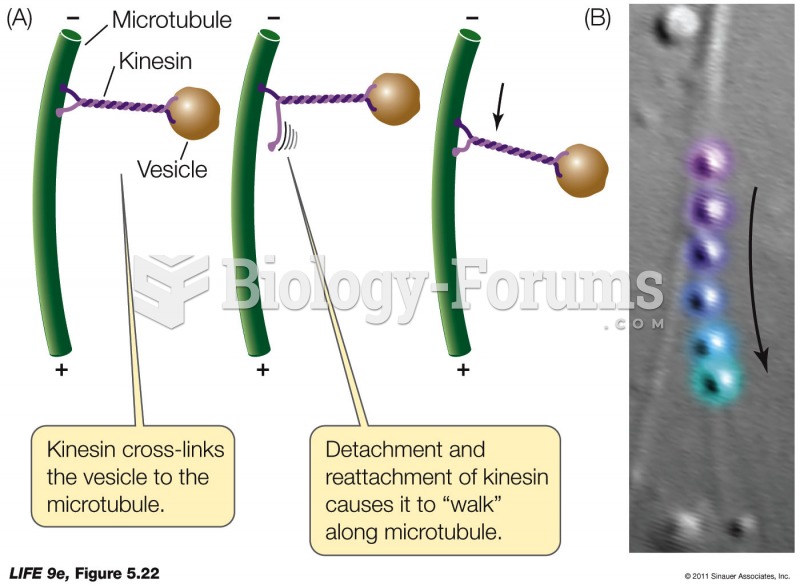Answer to Question 1
ANS: B
Answer to Question 2
Cancer
Foods rich in vitamin C seem to protect against certain types of cancers, especially those of the esophagus. Such a correlation may reflect the benefits of a diet rich in fruits and vegetables and low in fat; evidence that vitamin C supplements reduce the risk of cancer is lacking.
Researchers hypothesize that vitamin E might inhibit cancer formation by attacking free radicals that damage DNA. Evidence that vitamin E supplements help guard against cancer, however, is lacking
Several studies report a cancer-preventing benefit of vegetables and fruits rich in beta-carotene and the other carotenoids as well. Carotenoids may protect against oxidative damage to DNA. Some research suggests that high concentrations of beta-carotene and the other carotenoids are associated with lower rates of some cancers. Studies do not, however, find a reduction in cancer risk with beta- carotene supplementation. Benefits most likely reflect a healthy diet abundant in fruits and vegetables. In fact, a major review of several large research studies concluded that none produced evidence to justify the use of antioxidant supplements for cancer prevention
Heart Disease
Antioxidants, especially vitamin E, may protect against hypertension and cardiovascular disease. Epidemiological studies suggest that people who eat foods rich in vitamin E have relatively few atherosclerotic plaques and low rates of death from heart disease. Among its many protective roles, vitamin E defends against LDL oxidation, inflammation, arterial injuries, and blood clotting.
Whether vitamin E supplements slow the progression of heart disease is less clear. Some studies suggest that vitamin C protects against LDL oxidation, raises HDL, lowers total cholesterol, and improves blood pressure. Vitamin C may also minimize inflammation and the free-radical action within the arterial wall. Like vitamin E, the role of vitamin C supplements in reducing the risk of heart disease remains uncertain.







